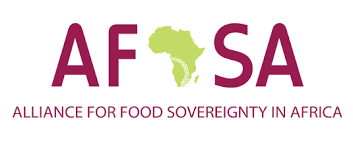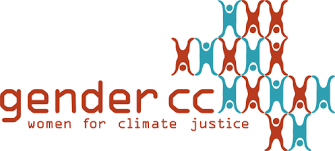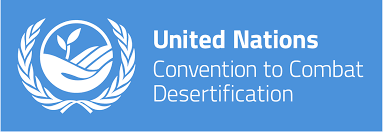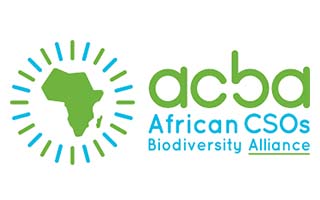"Africa and the Climate: an Opportunity to Adapt and thrive "
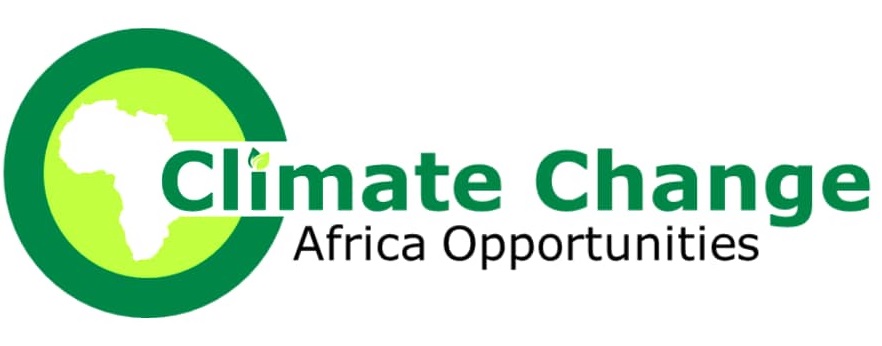
|
|
SeatDemocratic Republic of Congo |

|
climatechangeafricaopp@gmail.com |
"Africa and the Climate: an Opportunity to Adapt and thrive "

|
|
SeatDemocratic Republic of Congo |

|
climatechangeafricaopp@gmail.com |
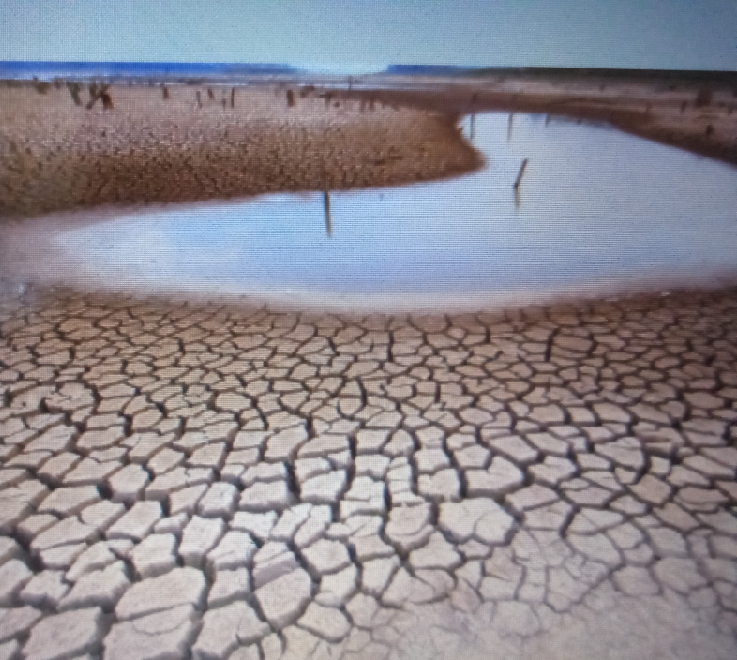
Record levels of global greenhouse gas emissions set the world on an unacceptable path to global warming, with serious consequences for development prospects in Africa.
"Limiting warming to 1.5 ° C is possible under the laws of chemistry and physics, but it would require unprecedented change," said Jim Skea, co-chair of Task Force III of the Intergovernmental Panel on 'climate change (IPCC).
However, the IPCC, the world's largest authority on the assessment of scientific data on climate change, says that it is still possible to limit the rise in global temperatures to 1.5 ° C if, and only if, " rapid and deep transitions [are taking place] in the fields of soil, energy, industry, building, transport and cities ”.
For sub-Saharan Africa, which has experienced more frequent and intense climatic extremes in recent decades, the consequences of global warming of more than 1.5 ° C would be terrible.
Rising temperatures in the region are expected to be higher than the global average increase; regions of Africa within 15 degrees of the equator are expected to experience an increase in hot nights as well as more frequent and longer heat waves.
The chances are slim, but it is not impossible, according to the IPCC. And the benefits of a maximum rise of 1.5 ° C are enormous, the report detailing the difference between the consequences of a rise of 1.5 ° C
and those up 2 ° C. Each additional decimal place increases the risk for Africa: more droughts, more heat waves and more crop failures in prospect.
Aware of the increased risk of climate change, many countries gathered in 2015 to adopt the historic Paris Agreement, committing to limit the rise in temperature to less than 2 ° C.
Officially, 184 countries have joined, including almost all African countries - with the exception of Angola, Eritrea and South Sudan. The agreement entered into force in November 2016.
In December 2018, countries gathered in Katowice, Poland, for the Conference of the Parties to the United Nations Framework Convention on Climate Change (UNFCCC) - called COP24 - to finalize the rules for implementing the program of work.
Under the Paris Agreement, countries have committed to take action to reduce emissions and build resilience. The treaty also provides for increased financial support from developed countries to support the efforts of developing countries.
But even when the agreement was adopted, it was recognized that the commitments announced would not be enough. Even if countries keep all their promises, temperatures will rise by 3 ° C during this century.
According to the IPCC, projections show that the Western Sahel region will experience the greatest drying up, with a marked increase in the maximum duration of drought episodes. The IPCC forecasts a decrease in the duration of wet periods and a slight increase in heavy precipitation in Central Africa.
West Africa has been recognized as a hotbed of climate change, suggesting a possible reduction in agricultural yields and production with implications for food security.
Southern Africa will also be affected. Western southern Africa is expected to dry up, experience more frequent droughts and more heat waves at the end of the 21st century.
Global warming will affect precipitation. At 1.5 ° C, the rains would be less abundant over the Limpopo basin and certain areas of the Zambezi basin in Zambia, as well as over parts of the Western Cape in South Africa.
But at 2 ° C, southern Africa is expected to experience about 20 percent less precipitation and more consecutive dry days in Namibia, Botswana, northern Zimbabwe and southern Zambia. This will lead to a reduction in the volume of the Zambezi basin which should be between 5% and 10%.
If the planet warms by an average of 2 ° C, the frequency and intensity of extreme temperatures will be significantly changed in all sub-Saharan regions.
West Africa and Central Africa will show particularly large increases in the number of hot days at both 1.5 ° C and 2 ° C. Temperatures in southern Africa are expected to rise faster at 2 ° C, and the southwest of the region, particularly in South Africa and parts of Namibia and Botswana, are expected to experience the largest temperature increases .
No other region of the world has perhaps been as affected as the Sahel, which is growing rapidly, estimated at 2.8% per year, in an environment where natural resources, including land and water, are dwindling.
Inga Rhonda King, President of the Economic and Social Council of the United Nations, one of the main organs of the United Nations that coordinates the economic and social work of the agencies of the organization, said at a special meeting that the region is also one of the most environmentally degraded in the world, and it is predicted that temperature increases will be 1.5 times greater than in the rest of the world.
Heavily dependent on rain-fed agriculture, the Sahel regularly experiences droughts and floods, with enormous consequences for food security. As a result of armed conflict, violence and military operations, some 4.9 million people have been displaced this year, three times less than three years ago, while 24 million people are in need. humanitarian aid throughout the region.
Climate change is already seen as a threat multiplier, exacerbating existing problems, including conflicts. Ibrahim Thiaw, Special Advisor to the UN Secretary-General for the Sahel, says the region is particularly vulnerable to climate change, with 300 million people affected.
Climate change-Africa Opportunities (CCAO) concludes that drought, desertification and scarcity of resources have aggravated conflicts between farmers and pastoralists, and weak governance has led to social fractures. The drying up of Lake Chad leads to economic marginalization and provides fertile ground for recruitment by terrorist groups as social values and moral authority fade.
Trésor Badisungu
Africa Coordinator
Climate change-Africa Opportunities (CCAO)






